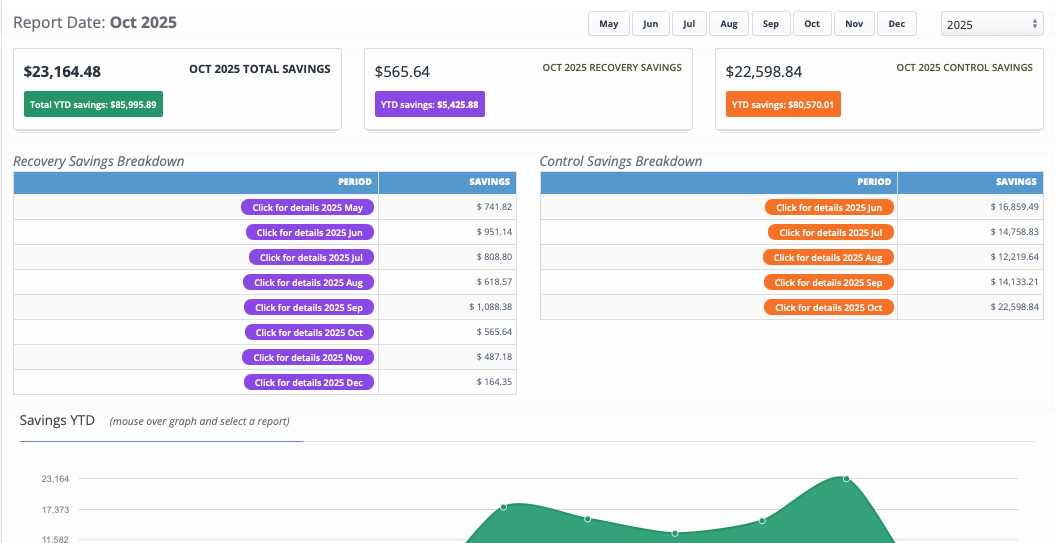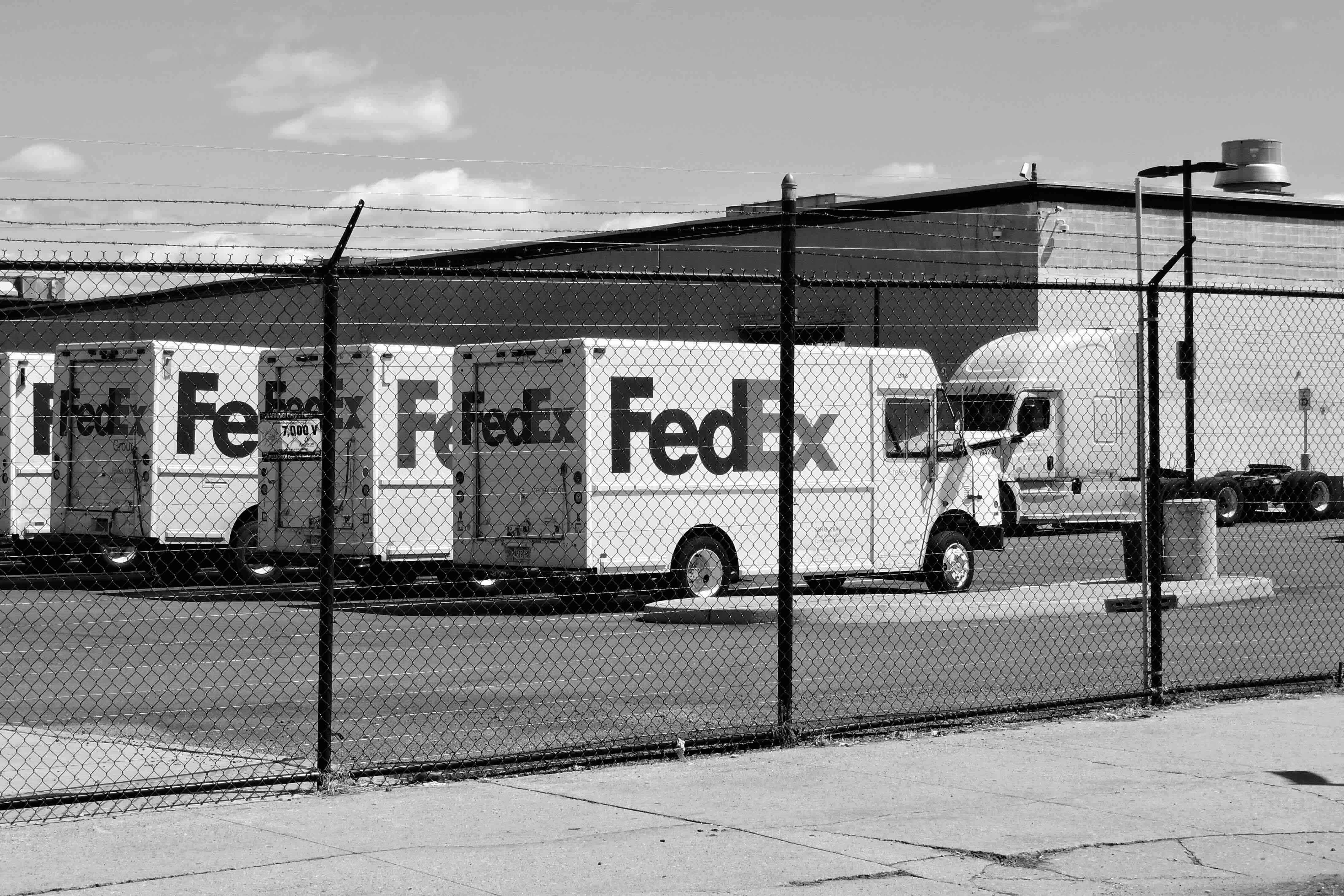Stop Waiting: The Case for Weekly Shipping Audits

When peak season hits, most companies shift their focus to delivery speed and customer satisfaction — but not their audit rhythm.
That’s a costly mistake.
During Q4, refunds expire faster, surcharges pile up higher, and mistakes multiply under pressure. A monthly audit can’t keep up. By the time those invoices hit your system, the refund window has already closed — and the savings are gone.
The Clock Moves Faster During Peak Season
Carriers know how busy shippers get in Q4 — and they use that chaos to their advantage.
Refund deadlines don’t change, but your workload doubles. That means even a few days’ delay in reviewing deliveries can cost thousands in lost refunds.
Example:
A company shipping 2,000 express packages a week with a 3% late rate might have 60 eligible refunds. If they wait until month-end, most of those 60 are already outside the 15-day claim window.
Weekly auditing ensures those dollars come back before they disappear into the carrier’s year-end earnings report.
Surcharges Don’t Wait for Month-End
By the time a monthly invoice arrives, surcharges like “additional handling,” “delivery area,” and “peak residential” fees are already compounding.
A weekly audit reveals those trends early — so you can adjust packaging, reroute certain deliveries, or renegotiate thresholds before costs spiral.
Carriers don’t send alerts when they change fee patterns; they just bill you for them. Your only warning system is real-time visibility.
The True Cost of Waiting
Many finance teams assume auditing can wait because refunds post as credits. But waiting 30 days isn’t neutral — it’s a hidden interest-free loan to the carrier.
When you file weekly, that money returns faster and keeps working in your P&L this year. When you file late (or not at all), it quietly inflates your cost per shipment.
The Q4 Audit Advantage
Shippers who run weekly audits in Q4 not only recover more — they learn faster.
They can see:
- Which surcharges are spiking by week
- Where carrier performance is slipping
- How on-time rates shift across services
That insight feeds both immediate savings and better contract leverage in January.
The best teams treat Q4 audits like a scoreboard, not a cleanup exercise.
Closing Thought
Carriers profit from delays — in delivery and in data. A monthly review might feel “good enough,” but during peak, it’s like checking your fuel gauge after the tank’s already empty.
Weekly parcel audits aren’t just about refunds — they’re about control.
And in Q4, control is the difference between protecting your budget or padding the carrier’s.



